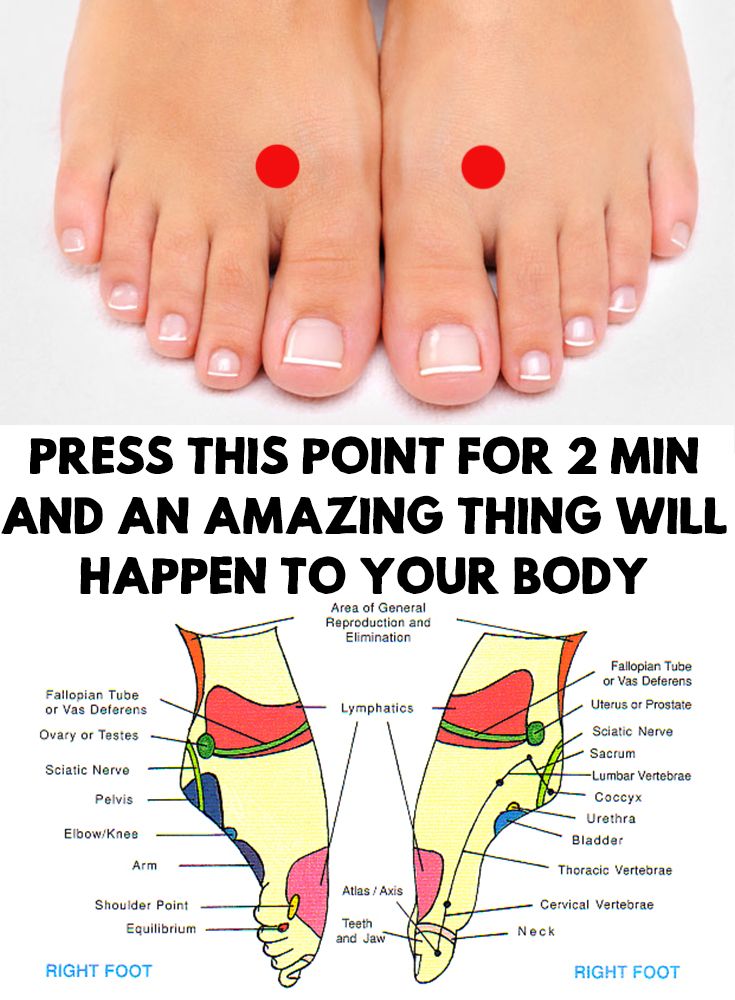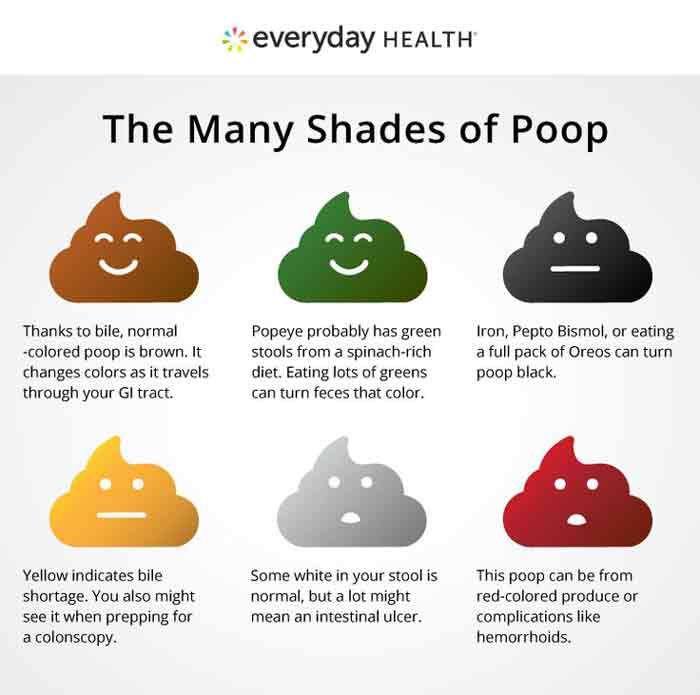How to stop child licking fingers
How to Stop Kids From Licking Their Fingers
Written by Kathryn Hatter
09 September, 2013
Licking fingers can be unsanitary and unpleasant to watch, especially if your child has a habit of placing her fingers in her mouth. Like other oral habits, finger licking may become a learned behavior that a child does without thought. When you want to help your child break a finger-licking habit, a sensitive approach that seeks to help and support your youngster should produce positive results.
Talk with your child about the benefits of not licking fingers so your youngster understands the reasons to stop, advises Pam Marshalla, author of “Practical Solutions for Home and Therapy -- How to Stop Thumbsucking and Other Oral Habits.” You might list benefits such as avoiding germs in his mouth, avoiding messy and sticky fingers by washing them instead of licking and appearing more mature because he doesn’t lick his fingers.
Encourage your child to remember not to lick her fingers.
Tell your child that you will help her remember to keep her fingers out of her mouth, too. Explain that finger-licking can be a habit, meaning that it takes time to remember and learn not to do it anymore. Assure her that you will help her work on this goal.
Provide your child with an alternative activity to do when he feels like licking his fingers, if necessary. For example, he might wear a rubber band around his wrist and he could manipulate the rubber band when he feels like licking his fingers.
Monitor your child’s activities and actions to raise awareness of finger licking and to help her reduce this behavior. If you see her lick her fingers, you might say, “Oops! I see a finger in your mouth! Why don’t you go wash your hands instead?”
Award stickers on a chart for each day your child does not lick his fingers, suggests the American Academy of Pediatrics HealthyChildren.org website. You might award stickers for shorter increments of time for a struggling child, such as the morning, the afternoon and the evening.
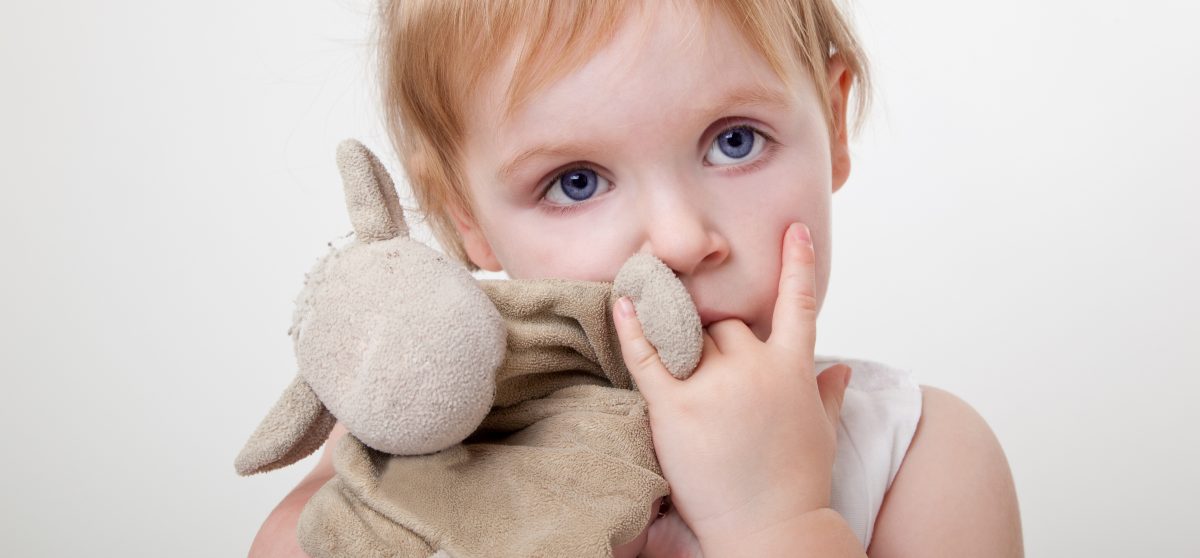 Once your child earns a specific number of stickers, reward him with a small prize or activity.
Once your child earns a specific number of stickers, reward him with a small prize or activity.
Comment on your child’s lack of finger licking when you notice that she reduces the behavior. This positive reinforcement will help your youngster feel successful and empowered to continue working to break the habit. You might say, “Great effort! I’ve noticed you’re really working hard not to lick your fingers!”
Tips
Licking fingers can be a common self-stimulatory behavior, associated with autism, states psychologist Stephen M. Edelson, with the Autism Research Institute. If your child’s finger licking seems compulsive or she has other behaviors that concern you, consult your child’s physician to discuss these issues.
References
- HealthyChildren.org: Common Childhood Habits
- Autism Research Institute: Self-Stimulatory Behavior
About the Author
Kathryn Hatter is a veteran home-school educator, as well as an accomplished gardener, quilter, crocheter, cook, decorator and digital graphics creator. As a regular contributor to Natural News, many of Hatter's Internet publications focus on natural health and parenting. Hatter has also had publication on home improvement websites such as Redbeacon.
As a regular contributor to Natural News, many of Hatter's Internet publications focus on natural health and parenting. Hatter has also had publication on home improvement websites such as Redbeacon.
Photo Credits
- Dynamic Graphics Group/Dynamic Graphics Group/Getty Images
How to Stop Kids From Licking Their Fingers
Stockbyte/Stockbyte/Getty Images
When kids have a habit of licking their fingers, it is not only unsanitary but also gross! If you find your little one is obsessed with putting tongue to digits, start by asking that the behavior stop. It may also be helpful to explain why licking one's hands is a bad idea. "It is yucky and you don't want to get sick!" However, if a quick chat with your charge doesn't do the trick, you may have to resort to more drastic measures.
Create Awareness
Some children have no idea how much they are licking their fingers. As noted in the KidsHealth.org article "Your Child's Habits," often a child is unaware of a bad habit. When you notice your little one doing it, say "You are licking your fingers again, honey. Please stop." It may be frustrating to repeat this phrase over and over again, but remind yourself that helping your child end a worrisome behavior is worth the effort.
When you notice your little one doing it, say "You are licking your fingers again, honey. Please stop." It may be frustrating to repeat this phrase over and over again, but remind yourself that helping your child end a worrisome behavior is worth the effort.
Get to the Root
You may also notice that kiddos tend to lick their fingers in certain situations. Are they nervous about starting a new school? Perhaps their tongues find their fingers as they struggle to cope with something. Or, as the KidsHealth.org article suggests, the nexus may be boredom. Try to link the habit with the situation and deal with the root of the issue. Of course, keep in mind there are times when finger licking is truly innocent and may be unavoidable, no matter how irksome. Say you take your tots out for ice cream -- can you blame them for wanting to enjoy every last taste?
Provide Alternatives
Getting children to stop licking their fingers may be as simple as offering an alternative to this method of "cleaning. " Carry moist, sanitary wipes with you so you can jump in at the park post-snack and put the kibosh on the saliva spreading. Establish a hand-washing routine with your wee one, which the KidsHealth.org article "Why Is Hand Washing So Important?" notes is the best way to stop germs in their tracks. Try following up a good scrub with hand lotion. Perhaps the taste of the moisturizing agent will also act as a deterrent to licking.
" Carry moist, sanitary wipes with you so you can jump in at the park post-snack and put the kibosh on the saliva spreading. Establish a hand-washing routine with your wee one, which the KidsHealth.org article "Why Is Hand Washing So Important?" notes is the best way to stop germs in their tracks. Try following up a good scrub with hand lotion. Perhaps the taste of the moisturizing agent will also act as a deterrent to licking.
Reward Avoidance
You are out to dinner and your child licks fingers at the table. Gently point out that a napkin is available too. A little later during the meal, the child reaches for the napkin instead of licking. A 2013 HealthyChildren.org article recommends rewarding this choice with positive words. "Thanks for going with the napkin, honey. Well done." Over time your tyke will gravitate towards behaviors that garner praise.
Ignore It
Sometimes the best way to get your child to stop doing something you don't like is to ignore the behavior. As HealthyChildren.org points out, a kid sometimes uses an irritating habit as a way of getting attention. If you are constantly calling your kiddo out for finger licking, you may be inadvertently encouraging it. Try tuning out the behavior; you may find that it fades away!
As HealthyChildren.org points out, a kid sometimes uses an irritating habit as a way of getting attention. If you are constantly calling your kiddo out for finger licking, you may be inadvertently encouraging it. Try tuning out the behavior; you may find that it fades away!
How to wean a child from sucking his thumb: a step-by-step instruction from psychologists
First, let's figure out why this happens at all? Why does a child suck his thumb? Indeed, in fact, this is a fairly common occurrence, not only in families with kids, but also where there are preschoolers. At what age is thumb sucking normal?
— At the age of 2-3 months, the child finds his hands and immediately puts them into his mouth for examination, says child psychologist Ksenia Nesyutina . - This is absolutely normal, and if parents, worried that the child will suck their fingers in the future, do not allow sucking and put a pacifier in their mouth, then this harms the development of the child.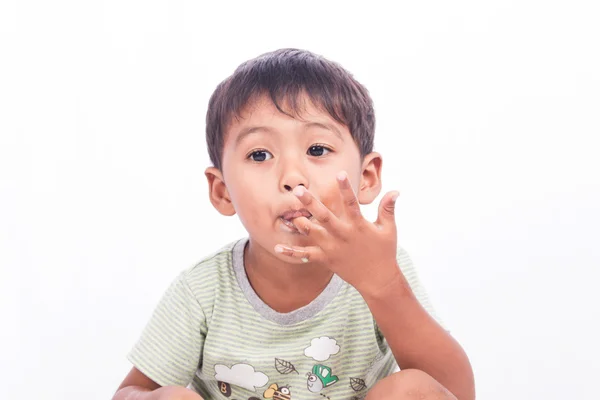 Indeed, in order to start using the hands, in order to develop motor skills, the hands must first be found and examined by the mouth.
Indeed, in order to start using the hands, in order to develop motor skills, the hands must first be found and examined by the mouth.
Well, if the baby has grown up, but the habit has remained, you need to figure it out. There are many reasons for thumb sucking.
- At about 1 year of age, thumb sucking may indicate an unsatisfied sucking reflex. As a rule, at this time, children are actively transitioned from breastfeeding or formula to regular food. Not all children easily adapt to this and sometimes begin to express lack by sucking their fingers, explains Ksenia Nesyutina. “At the age of 2 years, thumb sucking is usually a sign that something is bothering the child. Often these anxieties are associated with separation from the mother: the mother goes to her room for the night and the child, experiencing this, begins to calm himself by sucking his finger. But there may be other more complex anxieties. In the future, this may transform into the fact that the child will bite his nails, pick at wounds on the skin or pull out his hair.
Thus, we understand: if the baby is just beginning to get acquainted with his body and the world around him, then let him calmly suck his fingers. Nothing will fade. But if time passes, the little person grows up and has been going to the garden for a long time, and the fingers are still “hiding” in the mouth, measures must be taken.
But weaning a child from sucking his thumb is not an easy task.
Photo: globallookpress.comFind the moment
It turns out that finger-to-mouth is not just a habit. According to our expert, thumb sucking can be psychologically an established compensatory mechanism.
“In other words, thumb sucking gives the child (compensates) something that he cannot receive emotionally,” says Ksenia Nesyutina. - For example, we are talking about an anxious mother - it is difficult for her to calm the child, give him support and confidence. In order to somehow calm himself, the child does not use “mom's calm”, but sucks his thumb. That is, the child is already 3-4-5 years old, and he is still calming down like a baby of 3-4 months - with the help of sucking.
That is, the child is already 3-4-5 years old, and he is still calming down like a baby of 3-4 months - with the help of sucking.
To wean a child, you need to find the root cause. That is, to understand why the child puts his hands in his mouth, what he replaces in this way and how he can provide this need on an emotional level.
— It is important to pay attention to when the child puts his fingers in his mouth: for example, before going to bed, when he plays with toys himself, in the kindergarten. Most likely, these are stressful moments for the child. It is important to help the child adapt to this activity so that it does not cause so much anxiety in the baby, the psychologist recommends.
Through the game
It's probably not a secret for you that the game for children is not only an option to pass the time, but also a way to get to know the world around, help in development and sometimes even therapy.
Play can help a child deal with anxiety.
— If a child is older than 3 years, then from the point of view of psychology, it is possible to wean a child if the very need to suck his thumb goes away, — notes Ksenia Nesyutina. - That is, the child is anxious, and compensates for the anxiety by sucking his thumb. And here parents should be included: you can help to cope with anxieties, fears with the help of games, conversations, lullabies, reading fairy tales. It is much better if the child plays with toys or draws what he is afraid of, what he is worried about than just compensating for this tension by sucking his thumb.
Prohibit: yes or no
However, you must admit that it is very unpleasant to watch how a grown child slobbers his finger again. The parent is an adult, he understands that this is wrong, but not everyone knows how to respond competently. And what begins? “Remove your finger from your mouth!”, “So that I don’t see this”, “It’s impossible!” and everything like that.
But, firstly, such a technique does not always work.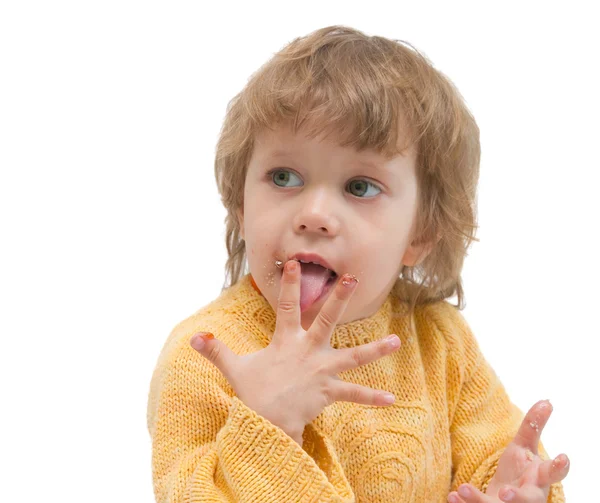 And secondly, it can be fraught with consequences.
And secondly, it can be fraught with consequences.
“A direct ban on thumb sucking or other drastic measures, such as sprinkling pepper on fingers, lead to even more negative consequences,” emphasizes psychologist Nesyutina. - If earlier the child could not cope with psychological stress and compensated for it by sucking his thumb, now he cannot even do this. And what's going on? The tension goes inside, into the body and can subsequently manifest itself in even more “strange” behavior or even diseases.
Therefore, you should not solve the problem with a "whip" - it is better to re-read the previous two points again.
No stress - no problems
And there is also a story: everything seems to be fine, the child does not have bad habits, but suddenly - once! - and the child begins to suck his fingers. And the child, by the way, is already four years old!
Don't panic.
- In moments of stress, even a child of 3-4 years of age or even a preschooler may begin to suck his fingers.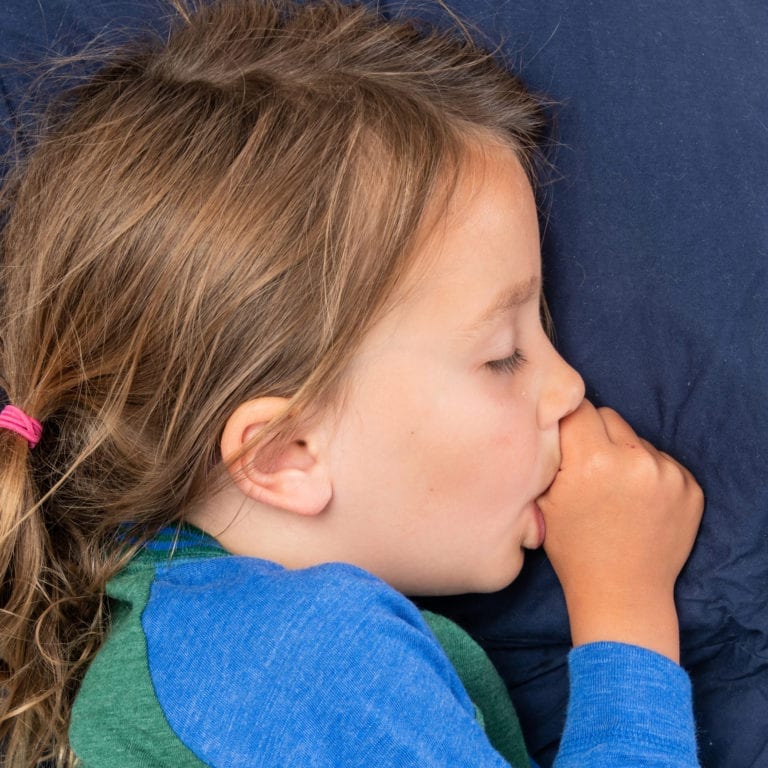 You can pay attention to this, but, as a rule, as soon as the stress is compensated, the habit disappears by itself, says our expert.
You can pay attention to this, but, as a rule, as soon as the stress is compensated, the habit disappears by itself, says our expert.
But stress can be different, and if you understand the reason (for example, the whole family moved to a new place or the grandmother scolded the child), then this can be said, consoled, reassured. And if thumb sucking occurs, it would seem, for no apparent reason, then it will not prevent the parent from “pricking up his ears” and trying to understand, ask the child what is bothering him or who scared him.
Pay attention to… yourself
No matter how blasphemous it may sound, it happens that the reason for the baby's anxiety lies in his… parents. Yes, it’s hard to admit it to yourself, but it happens that it is the mother who creates the stressful situation.
— Among other things, it is often helpful for a parent to see a psychotherapist himself. This helps to remove the emotional stress from the parent, which anxious mothers tend to broadcast to their children, says Ksenia Nesyutina.
Frequently asked questions and answers
What is the risk of constant thumb sucking?
— If you do not go into physiological problems that may be associated with bite, speech, then at least this is a symptom that says that the child has difficulties in the psycho-emotional plan. These are not necessarily complex unsolvable problems, but it is worth paying attention to and, perhaps, the parent should change the way they care for and communicate with the child, the psychologist recommends.
When should you seek help from a specialist?
It is necessary to go to a specialist if this issue worries a parent a lot. The fact is that thumb sucking most often indicates that the parent cannot provide the child with a sense of stability and reliability. And if the mother herself is drowning in anxiety, then help from the outside will definitely not hurt here, moreover, the help of a specialist, says Ksenia Nesyutina. - If we are talking about a child, then it is better to start with a pediatrician.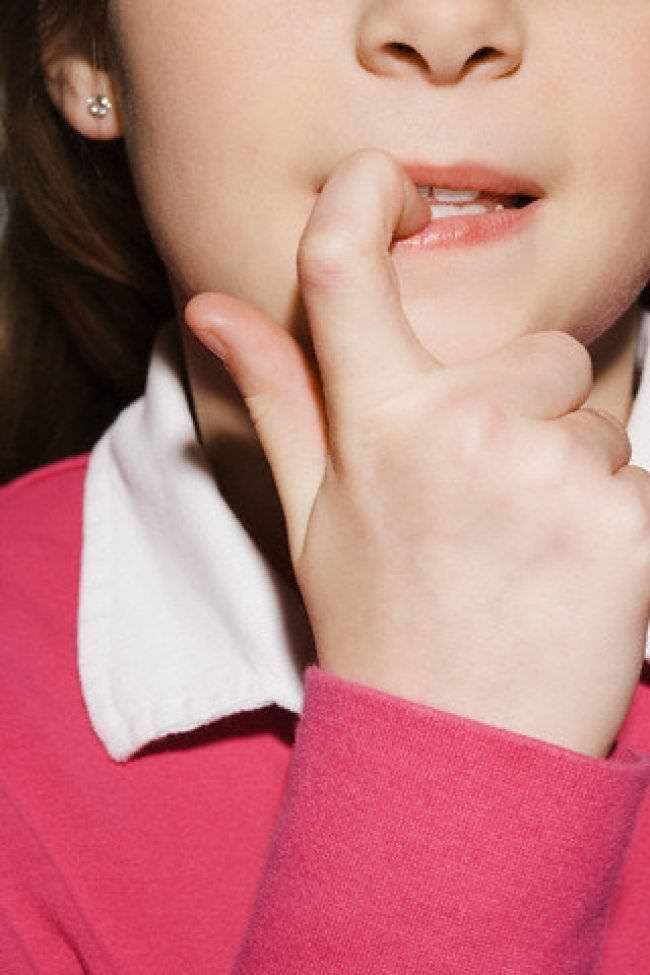 He will appoint an examination of the necessary specialists. But, as a rule, it is with this problem that psychologists work.
He will appoint an examination of the necessary specialists. But, as a rule, it is with this problem that psychologists work.
Simple tips. How to wean a child from bad habits - Moscow 24, 27.11.2017
November 27, 2017, 13:43
Society
Do you notice that your child constantly bites his nails, sucks his thumb or puts everything in his mouth? How to deal with bad habits in children and what do they really talk about? The editors of the portal "Moscow 24" decided to help the parents and explained everything in pictures. The author of the images is Polina Breeva.
- Don't blame children for biting their nails, pulling out their hair, or picking their nose. Perhaps the reason for this is yourself. Nails in the mouth may indicate neuroses that provoke frequent quarrels between adults. Many habits appear due to a lack of attention, affection, too strict upbringing and punishment. Another possible reason is too early weaning.
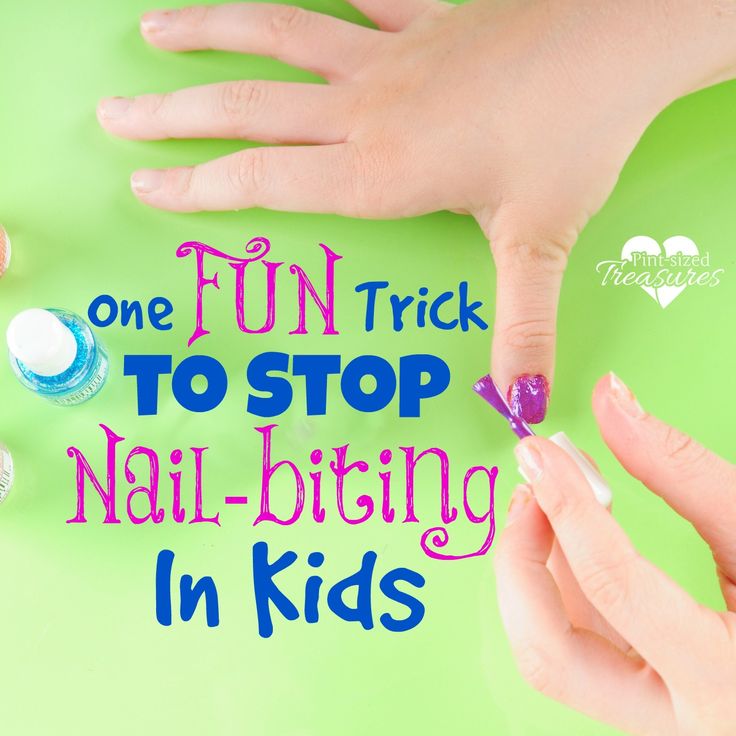 By themselves, these habits are not dangerous, but if you do not get rid of them, then, having become, for example, the president of a large company, in a difficult situation, you can start chewing your tie or picking your nose. At the same time, frequent anxiety can lead to more serious consequences, such as nocturnal enuresis.
By themselves, these habits are not dangerous, but if you do not get rid of them, then, having become, for example, the president of a large company, in a difficult situation, you can start chewing your tie or picking your nose. At the same time, frequent anxiety can lead to more serious consequences, such as nocturnal enuresis. 1/8
Children should not be blamed for biting their nails, pulling out their hair, or picking their nose. Perhaps the reason for this is yourself. Nails in the mouth may indicate neuroses that provoke frequent quarrels between adults. Many habits appear due to a lack of attention, affection, too strict upbringing and punishment. Another possible reason is too early weaning. By themselves, these habits are not dangerous, but if you do not get rid of them, then, having become, for example, the president of a large company, in a difficult situation, you can start chewing your tie or picking your nose. At the same time, frequent anxiety can lead to more serious consequences, such as nocturnal enuresis.
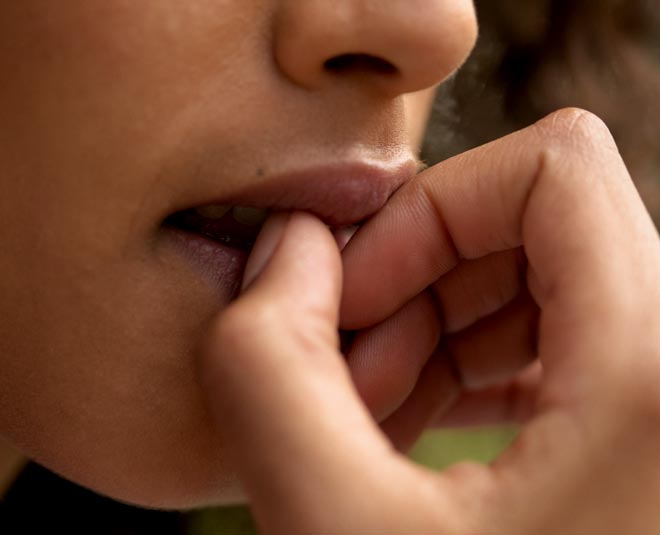
- The habit of biting nails or "delicious" inedible objects, as a rule, appears from the age of three or four. Usually nails bite "themselves" and "themselves" bite when the child is worried or afraid of something. You should not scare the baby that if he tastes everything, he will soon become toothless, like a grandfather, and if he pulls out his hair, he will go bald. This will only increase his anxiety and inner tension. Instead, suggest brushing or combing your teeth more often.
2/8
The habit of biting nails or "tasty" inedible objects, as a rule, appears from the age of three or four. Usually nails bite "themselves" and "themselves" bite when the child is worried or afraid of something. You should not scare the baby that if he tastes everything, he will soon become toothless, like a grandfather, and if he pulls out his hair, he will go bald. This will only increase his anxiety and inner tension. Instead, suggest brushing or combing your teeth more often.

- The list of bad childhood habits is complemented by licking and biting lips. Sucking on the upper or lower lip is hard to miss: they become bruised, inflamed and cracked, and in the wind and frost, the lips quickly become weathered, crusts form, on which infections or herpes can appear.
3/8
Licking and lip biting completes the list of bad childhood habits. Sucking on the upper or lower lip is hard to miss: they become bruised, inflamed and cracked, and in the wind and frost, the lips quickly become weathered, crusts form, on which infections or herpes can appear.
- If a child bites his nails, psychologists advise not to scold him for it. Instead, it is better to occupy the baby's hands with something. Give him a ball or paint with him. If you understand that he bites his nails out of boredom, while watching the cartoon, let him complete the puzzle.
4/8
If a child bites his nails, psychologists advise not to scold him for it.
 Instead, it is better to occupy the baby's hands with something. Give him a ball or paint with him. If you understand that he bites his nails out of boredom, while watching the cartoon, let him complete the puzzle.
Instead, it is better to occupy the baby's hands with something. Give him a ball or paint with him. If you understand that he bites his nails out of boredom, while watching the cartoon, let him complete the puzzle. - Older children should be taught by example to cut and clean their nails on time. You can buy a special children's manicure set for your child. Girls - offer to do a beautiful manicure (like mom) if she stops biting her nails.
5/8
Older children should be taught by example to cut and clean their nails on time. You can buy a special children's manicure set for your child. Girls - offer to do a beautiful manicure (like mom) if she stops biting her nails.
- The hardest thing is to get a child out of the habit of thumb sucking. Most often it is the thumb or index finger on the hand, less often the big toe. The constant pressure of the finger on the front teeth can lead to a defect, since the tissues that hold the teeth are very plastic during childhood.
 With frequent thumb sucking, the incisors of the upper jaw may grow incorrectly. In addition, due to the habit of sucking a finger or biting nails, eggs of worms can enter the body along with dirt.
With frequent thumb sucking, the incisors of the upper jaw may grow incorrectly. In addition, due to the habit of sucking a finger or biting nails, eggs of worms can enter the body along with dirt. 6/8
Thumb sucking is the hardest thing to get a child out of. Most often it is the thumb or index finger on the hand, less often the big toe. The constant pressure of the finger on the front teeth can lead to a defect, since the tissues that hold the teeth are very plastic during childhood. With frequent thumb sucking, the incisors of the upper jaw may grow incorrectly. In addition, due to the habit of sucking a finger or biting nails, eggs of worms can enter the body along with dirt.
- It is not very pleasant to watch how children wield their fingers in the nose. In addition, because of this, they can be teased by their peers. But before moving on to getting rid of the habit, take a closer look at yourself and those around you.



